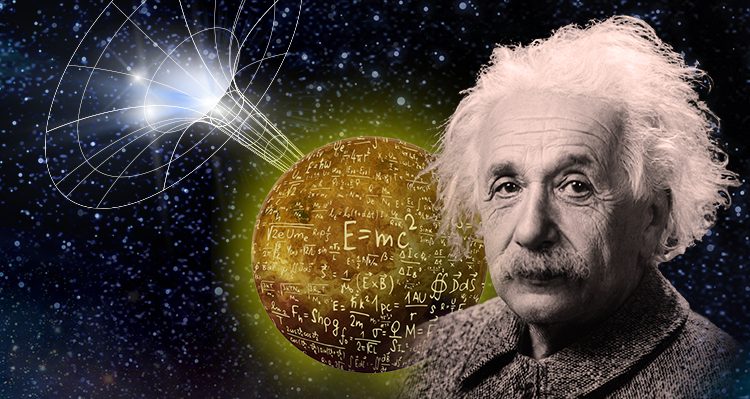[Revised entry by Don A. Howard and Marco Giovanelli on February 2, 2025.
Changes to: Main text, Bibliography]
Albert Einstein (1879 – 1955) is well known as the most prominent physicist of the twentieth century. His contributions to twentieth-century philosophy of science, though of comparable importance, are less well known. Einstein’s own philosophy of science is an original synthesis of elements drawn from sources as diverse as neo-Kantianism, conventionalism, and logical empiricism, its distinctive feature being its novel blending of realism with a holist, underdeterminationist form of conventionalism. Of special note…
Post Views: 190
Read the full article which is published on Stanford Encyclopedia of Philosophy (external link)







